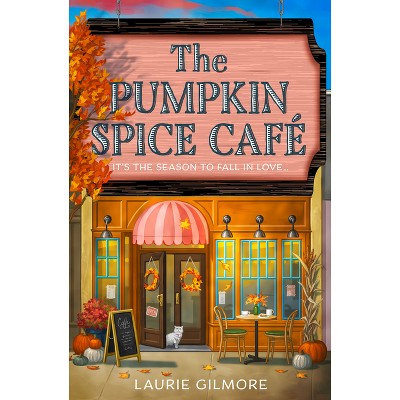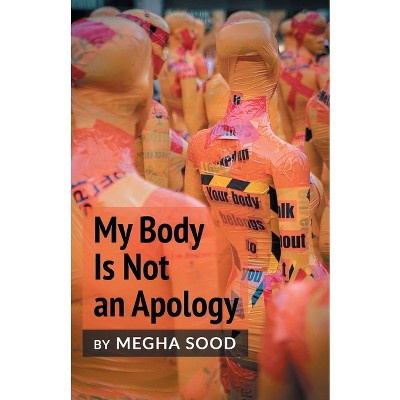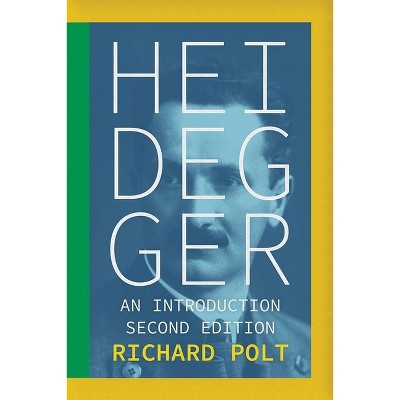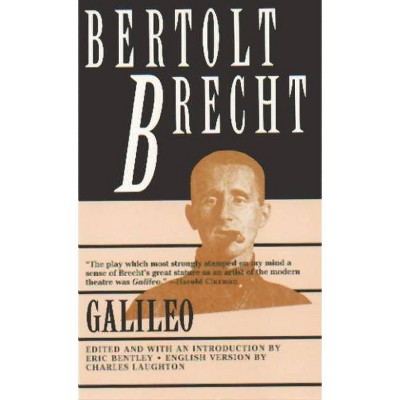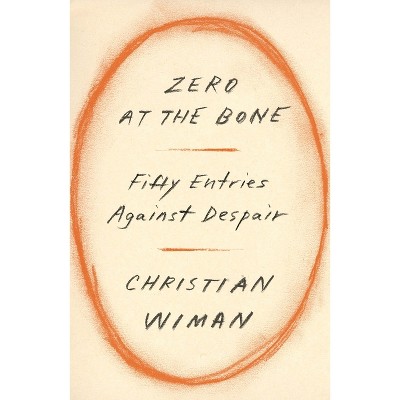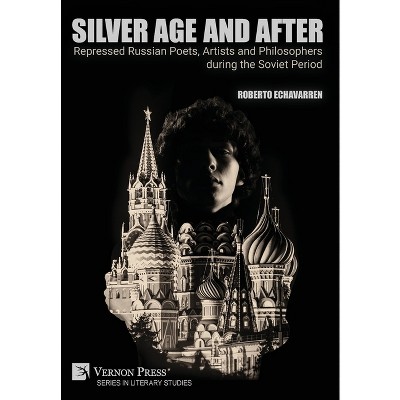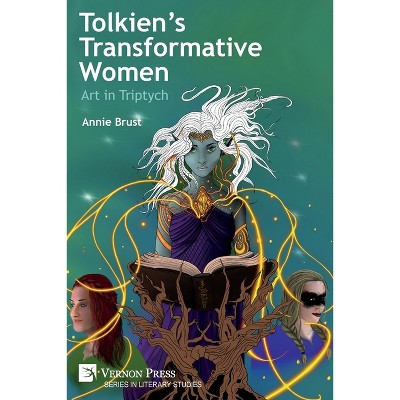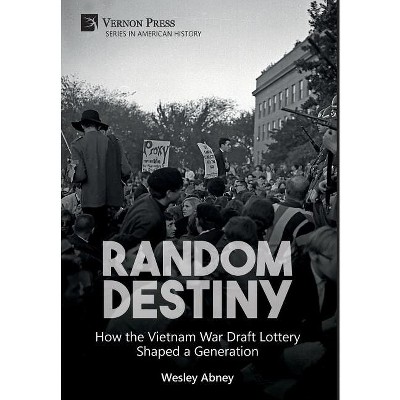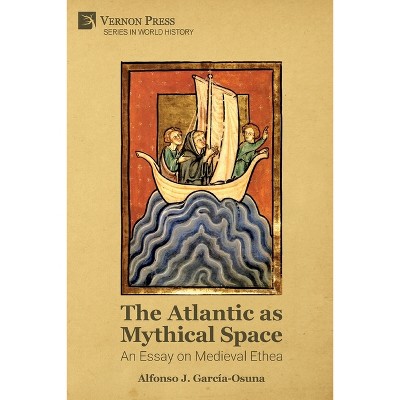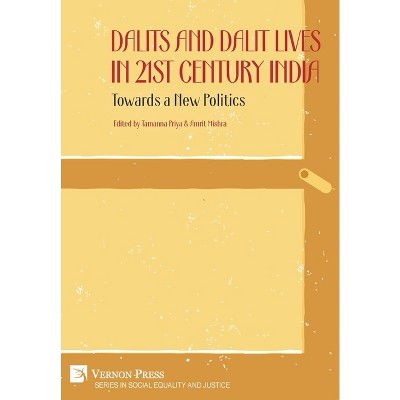Sponsored

Psychedelic Modernism - (Literary Studies) by Raj Chandarlapaty (Hardcover)
In Stock
Sponsored
About this item
Highlights
- The primary purpose of 'Psychedelic Modernism: Literature and Film' is to trace the development of ideas and perspectives from the writing and private ambitions of 20th-century modernist writers, including Aldous Huxley.
- Author(s): Raj Chandarlapaty
- 268 Pages
- Literary Criticism, Modern
- Series Name: Literary Studies
Description
Book Synopsis
The primary purpose of 'Psychedelic Modernism: Literature and Film' is to trace the development of ideas and perspectives from the writing and private ambitions of 20th-century modernist writers, including Aldous Huxley. The purpose of the book is to offer a rough chronology during which ideas were first given a literary imagination, then transposed onto discussions of science and psychology, and then theoretically democratized to bring fruit to a relatively de-centered process where images, text, and interviews could re-conceptualize the modern Being from an admixture of modernist, historical, and pop roots that could express a greater moment in the human action.
The work includes discussions from scientists such as Swiss chemist Albert Hofmann, rock stars such as Jerry Garcia, and unconfirmed mystics such as Carlos Castaneda. The primary focus of this work isn't literature per se, but the literary imagination as it may correspond to greater, wider, and more impactive goals than the writing of 20th-century fiction. While there is some outreach that favors de-centered models such as the Beat Generation, the author's primary purpose is to assemble an anthology covering the study and quests for knowledge from as many sides as could power the relative 1960s countercultural movement.
Review Quotes
Dr. Raj Chandarlapaty's "Psychedelic Modernism: Literature and Film" is one of the few books that seriously engages with the controversial notion that drug use can induce significant application to the creation of art that can, in turn, challenge society's values. In his extremely sophisticated analyses, Chandarlapaty chooses to ponder the claims of the proselytizers of drug use and question the easy dismissal of their claims while simultaneously avoiding the romanticizing of drug use to bring about social change. He examines literature and documentary films that focus on drug use with the desire to better understand the interplay of these artistic mediums within societal discourse.
Kurt Hemmer
Harper College
Shipping details
Return details
Frequently bought together

Trending Book Deals





